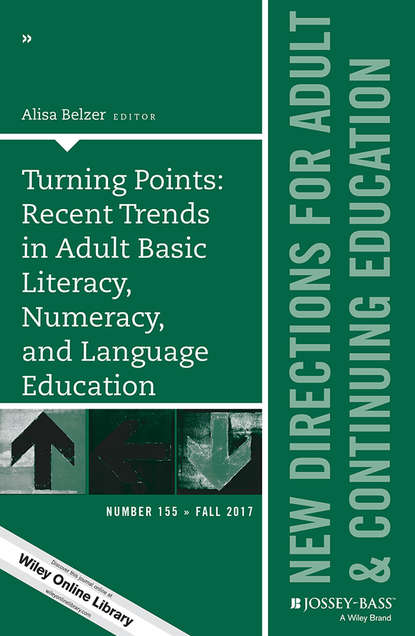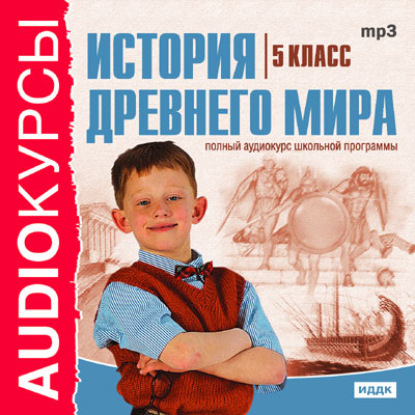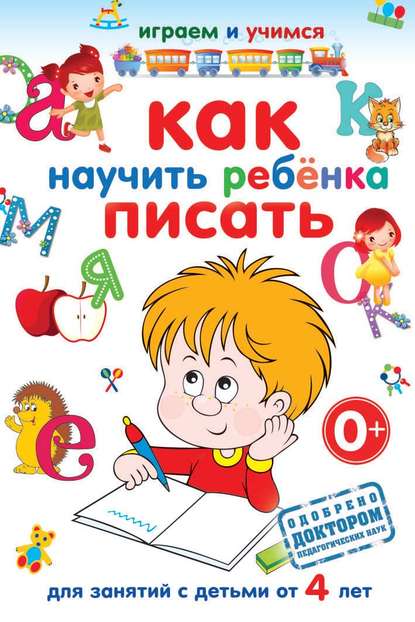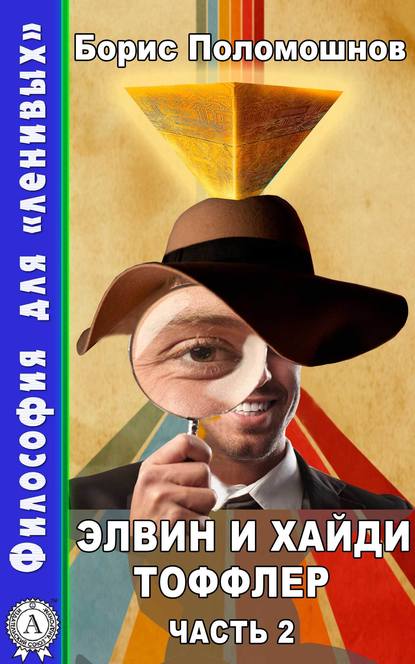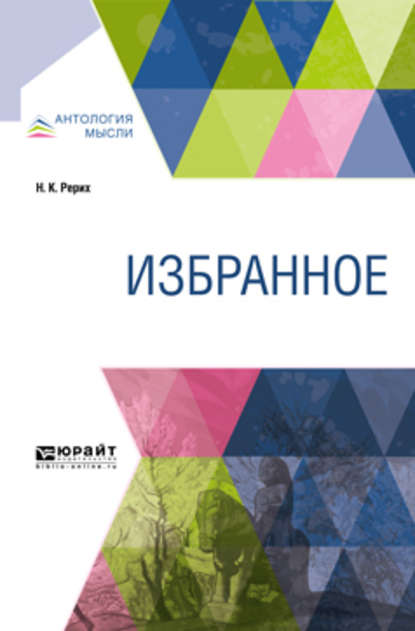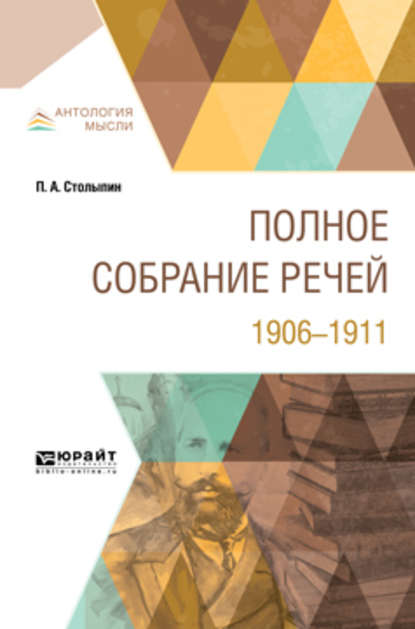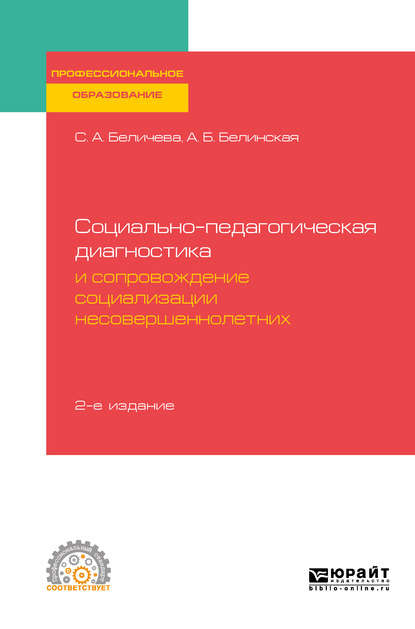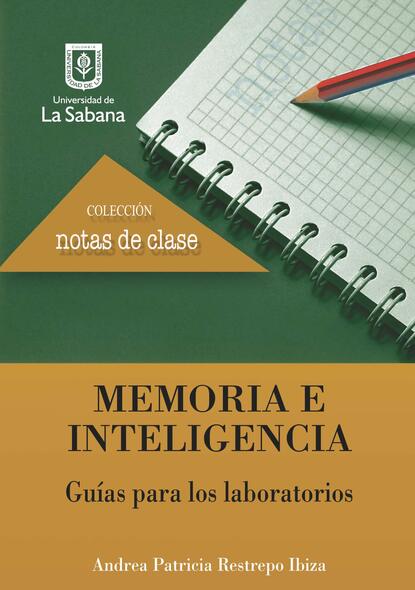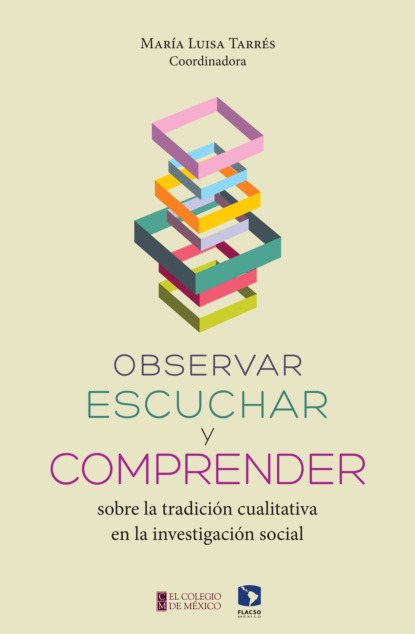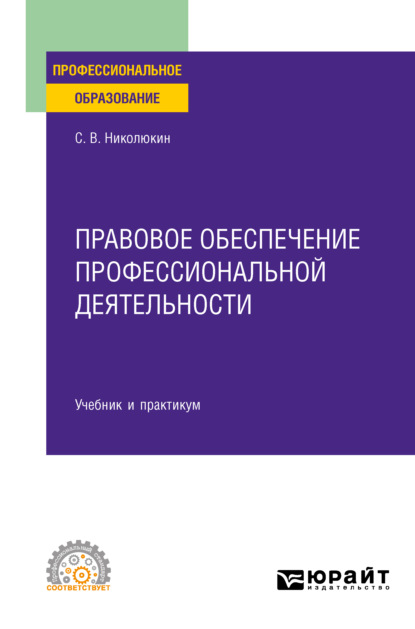Вехи в образовании взрослых включают: В 1964 году оно впервые получило федеральное финансирование. Закон о национальной грамотности был принят в 1991 году. Закон о рабочей силе и инвестициях (WIA) 1998 года был принят. Затем это поле оставалось относительно статичным до 2014 года, когда: была запущена новая версия теста GED, были разработаны новые стандарты содержания, были опубликованы новые данные о когнитивных навыках взрослых, а также был принят Закон об инновациях и возможностях рабочей силы (WIOA) с его прицелом на трудоустройство и обучение. Этот том рассматривает, где находится это поле по отношению к этим поворотным моментам, и обсуждает, куда оно может пойти дальше. Поднимая важные дискуссии о многих недавних и влиятельных изменениях, а также о темах, представляющих длитель
Turning Points: Journal of Literacy and Discourse is a collection that has been annotated for senior professional development providers, researchers and policymakers.
Электронная Книга «Turning Points» написана автором Группа авторов в году.
Минимальный возраст читателя: 0
Язык: Английский
ISBN: 9781119443865
Описание книги от Группа авторов
Milestones for adult basic education include: It was first federally funded in 1964. The National Literacy Act passed in 1991. The Workforce Investment Act (WIA) of 1998 was enacted. The field then remained relatively static until 2014 when: a new version of the GED? test was launched, new content standards were developed, new data on adult cognitive skills were released, and the Workforce Innovation and Opportunity Act (WIOA), with its laser focus on employment and training, was enacted. This volume reviews where the field is in relation to these turning points and discusses where it could go. Taking up critical discussions of the many recent and influential changes as well as topics of enduring interest, this volume will be valuable to practitioners, researchers, and policy makers. This is the 155th volume of the Jossey Bass series New Directions for Adult and Continuing Education. Noted for its depth of coverage, it explores issues of common interest to instructors, administrators, counselors, and policymakers in a broad range of education settings, such as colleges and universities, extension programs, businesses, libraries, and museums.
